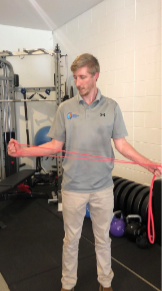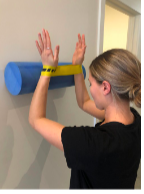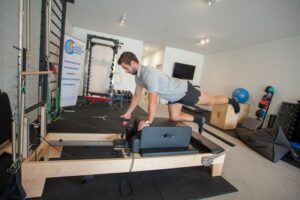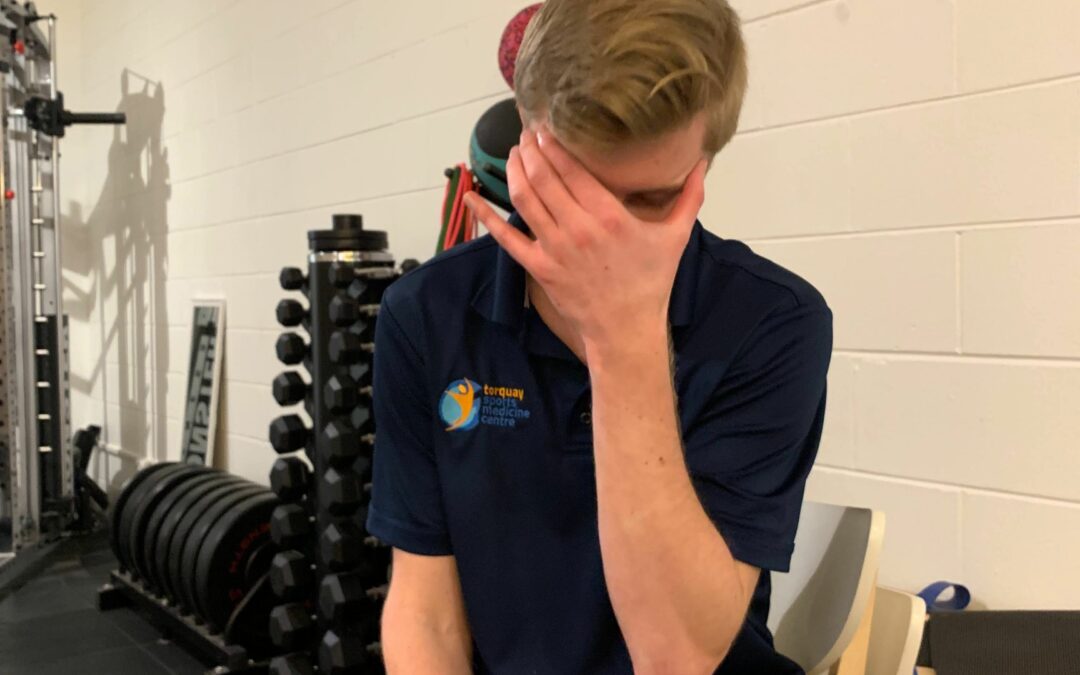A stroke is a type of acquired brain injury, that results from a disruption in blood flow to the brain. There are two main types/ causes for this;
Hemorrhagic stroke; This occurs when an artery that supplies the brain tissue bursts.
Ischemic stroke; This occurs when there is a blockage in an artery that supplies the brain tissue.
In both circumstances, the disruption in the supply of oxygen and essential nutrients to brain tissue results in brain cell death, known as a cerebral infarct. The longer time between the onset of a stroke and medical treatment usually impacts the area of brain cell death. 
What are the symptoms of a stroke?
If you suspect someone may be suffering from a stroke. You need to act FAST.
F- facial weakness or paralysis
A- arm weakness or paralysis
S- speech difficulty
T- time. Call 000 immediately!
These are the most obvious symptoms, though someone suffering a stroke may also report; dizziness, loss of balance, loss of vision or blurred vision, severe headache, trouble swallowing.
You mentioned brain cell death…. What does that mean?
When an area of the brain dies, its direct function in controlling the body will be impaired. The effects of a stroke will vary greatly depending on;
- The location of the stroke
- The size of the area of the brain affected
- The length of time before treated
- The type of stroke
- Your health and fitness levels prior to the stroke
No two strokes are the same, and while similar patterns in a presentation are seen, effects can be any of the below;
- Paralysis of the left or right side of the body (‘hemiplegia’)

- The inability to judge distances, which can lead to falls or loss of hand-to-eye coordination
- Short-term memory loss
- Neglecting or ignoring anything situated on one side of the body
- Impulsive behaviour
- Various problems with speech and communication
- Dizziness
- Nausea and vomiting
- Double vision
Despite this, our brain has an amazingly complex attribute known as neuroplasticity.
 In short, this means that the brain is capable of learning new things all the time (Turns out you can teach an old dog new tricks!!). When brain cell death occurs, that area of the brain may not be able to complete its specific task anymore (for example; grasp a cup). Through extensive training though, it is possible for other areas of the brain to learn how to complete this task. There are, however, a number of factors that impact on this ability and each individual needs to have a rehabilitation program that reflects their individual needs and goals.
In short, this means that the brain is capable of learning new things all the time (Turns out you can teach an old dog new tricks!!). When brain cell death occurs, that area of the brain may not be able to complete its specific task anymore (for example; grasp a cup). Through extensive training though, it is possible for other areas of the brain to learn how to complete this task. There are, however, a number of factors that impact on this ability and each individual needs to have a rehabilitation program that reflects their individual needs and goals.
At Bellarine Sports Medicine Centre and Torquay Sports Medicine Centre, we have Physiotherapists and Exercise Physiologists who are well experienced in all are post-strokes rehabilitation and management. If you or someone you know has suffered a stroke, and is under the age of 65, they may be eligible for NDIS funding for post-stroke rehabilitation and pain management, equipment and home support services. If you have any questions about this or anything else stroke related, please get in touch.
